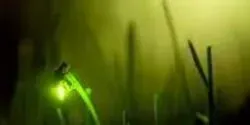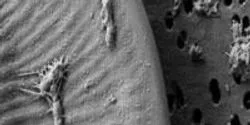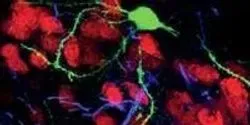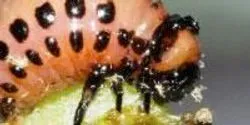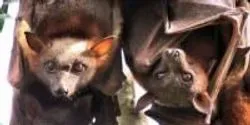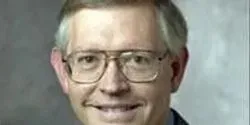Biological Sciences

Klaus Schulten, of the Beckman Institute's Theoretical and Computational Biophysics Group, has created a 100-million-atom chromatophore simulation to provide an unprecedented look into how bacteria harvest light for food.
| 5 min read

University of Adelaide research has shown for the first time that, despite not having a nervous system, plants use signals normally associated with animals when they encounter stress.
| 2 min read
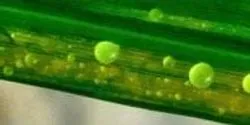
Joint BioEnergy Institute study identifies bacterial protein that is key to protecting rice against bacterial blight.
| 4 min read

